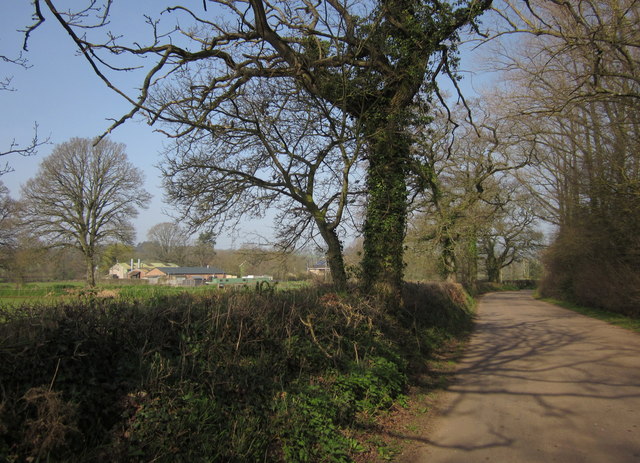This post is written by Ulrich Koester and Jens-Peter Loy
According to new legislation, the European Commission (EC) is in charge of evaluating Pillar 1 measures of the Common Agricultural Policy (CAP), while Pillar 2 measures have to be evaluated by the Member States (MS). Pillar 1 measures are of utmost importance for EU expenditure, amounting to a share of about 40% of the total expenditure of the EU budget. The request for evaluation is a significant step forward. One may wonder whether this new task indicates that the measures of the CAP have not been evaluated regularly so far. In the following, we focus on one specific measure, direct payments, for two reasons.… Read the rest
Discarding food vs. starving people – Inefficient and immoral?
Intensive discussions in Germany about discarding food in recent weeks were prompted by a University of Stuttgart study commissioned by the German Bundestag and supported by the German Federal Ministry of Nutrition, Agriculture, and Consumer Protection. Spiegel online said on March 13, 2012: “Europe’s waste would suffice twice to feed the world’s hungry.” This statement startled many people. Food is discarded in Europe and other prosperous countries while many people in poor countries are starving. Hence, it seems that the global hunger problem could be easily solved. People in rich countries would simply have to deal with food more responsibly.
This post critically examines the methodology of identification of food loss and the magnitude of estimated quantities and values.… Read the rest
Basic Direct Payments for EU Farmers: The Proposal of the Commission of the EU
Direct payments are the most important budget outlay
EU expenditure on Agriculture and Rural Development makes up a high share of total EU expenditure. The share was – according to official information – 41 per cent of total EU expenditure in 2011 and amounted to €55.269 billion. The position ‘Direct Payments’ was the most important budget outlay during the present Financial Framework with €39.771 billion in 2011; it made up a share of 72 per cent of the total expenditure on Agriculture and Rural Development.
This budget item came into existence in 1993 as the Council of Agricultural Ministers had decided in 1992 to reduce the intervention prices for grain by about 33 per cent and to also reduce the support price for oilseeds.… Read the rest
‘Greening’ – a return to compulsory set-aside
Among others, the latest proposal of the EU Commission aims to green the Common Agricultural Policy (CAP). One of the proposed measures looks very much like a new ‘set-aside’ programme. Generally, the programme stipulates that individual farmers have to set aside seven per cent of their arable land. Some exceptions are allowed in case individual farmers already produce environmentally friendly, e.g. organic production, or have already contributed to desired environmental effects. As the proposal is not yet put into legal form, it may be worthwhile to discuss the new measure’s rationale, to evaluate its associated costs and effects on incentive compatibility and to look for alternatives for achieving the objectives.… Read the rest
'Greening' – a return to compulsory set-aside
Among others, the latest proposal of the EU Commission aims to green the Common Agricultural Policy (CAP). One of the proposed measures looks very much like a new ‘set-aside’ programme. Generally, the programme stipulates that individual farmers have to set aside seven per cent of their arable land. Some exceptions are allowed in case individual farmers already produce environmentally friendly, e.g. organic production, or have already contributed to desired environmental effects. As the proposal is not yet put into legal form, it may be worthwhile to discuss the new measure’s rationale, to evaluate its associated costs and effects on incentive compatibility and to look for alternatives for achieving the objectives.… Read the rest

